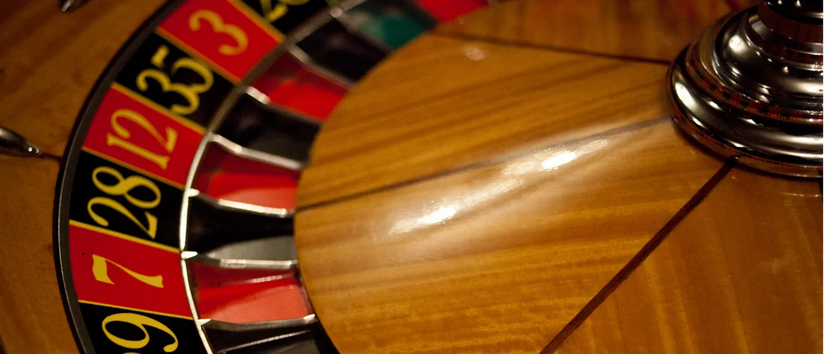Chapter 6 Probability
Introduction to Probability

Casinos are big business; according to the American Gaming Association, commercial casinos in the United States brought in over $43 billion in revenue in 2019. Casinos must walk a fine line in order to be profitable. Their customers must lose more money than they win, on average, in order to stay in business. But if the chances of a single customer winning more money than they lose is too small, people will stop coming in the door to play the games.
In this chapter, we’ll study the techniques a casino must use to determine how likely it is that a customer will win a particular game, and then how the casino decides how much money a winner will rake in so that the customers are happy, but the casino also turns a profit in the long run. In order to figure out those likelihoods, we have to be able to somehow consider every possible outcome of these games. For example, in a game that involves players receiving 5 cards from a deck of 52, there are 2,598,960 possibilities for each player. We’ll start off this chapter by learning how to count those possible outcomes.
Media Attributions
- Chapter Introduction Figure © OpenStax Contemporary Mathematics is licensed under a CC BY (Attribution) license

